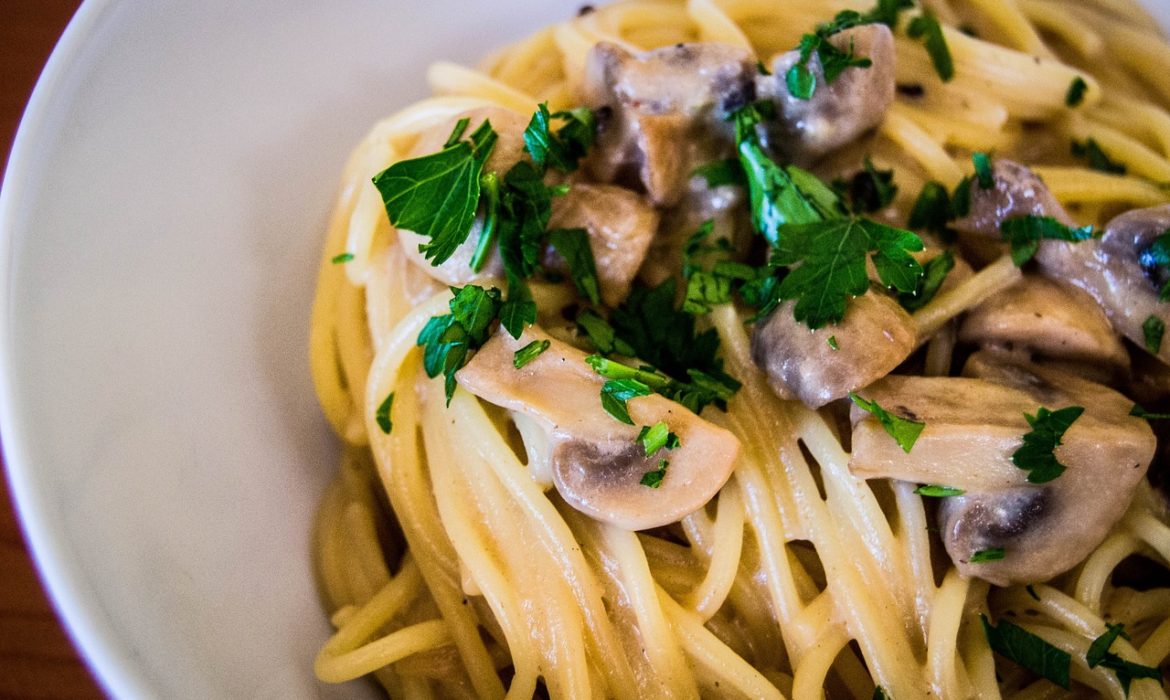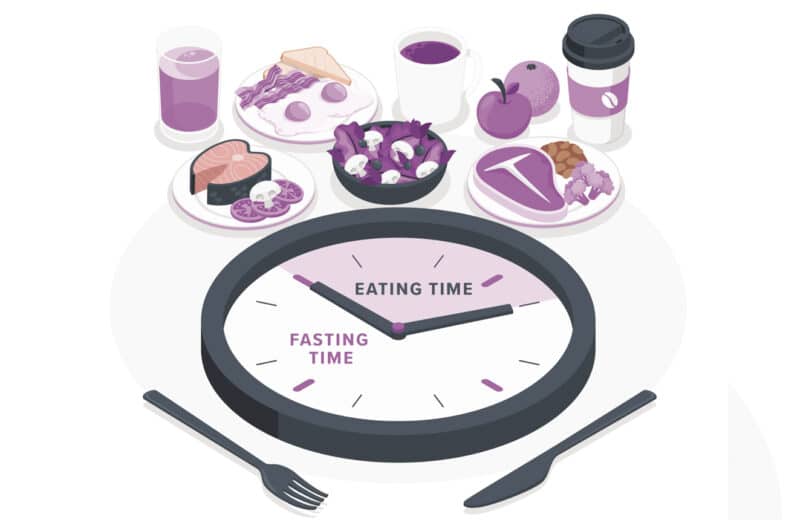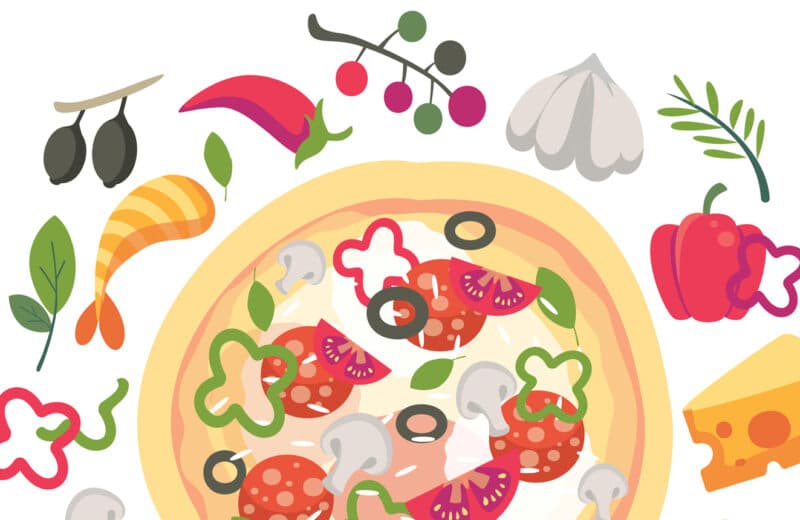Think of Italy and you probably think of pasta. But it’s not just Italians who are passionate about this comfort food. Pasta has been crowned the world’s most popular dish, even more so than pizza. That would explain the almost 20 pounds of pasta we put on our plates each year.
Pasta nutrition
Pasta has a history that goes back possibly thousands of years. This dish is also a mainstay of today’s healthy Mediterranean diet, which includes beans, lentils, nuts, fruits and vegetables. Most dry pasta is enriched with iron, riboflavin, thiamin and folic acid. Thus, a one-half cup serving is an excellent source of B vitamins and a good source of iron. Choose whole-wheat pasta for a good source of fiber.
Cook pasta al dente, which translates “to the tooth” — a slightly firm texture, not soft and mushy. The time to reach al dente varies among pastas, from as little as 2 minutes to as much as 8 minutes. Al dente pasta has a low glycemic index (GI). Overcooking raises the GI, making it more likely to raise blood sugar levels.
Pasta and health
Studies show pasta consumption is linked with a reduced risk of cardiovascular disease, obesity, diabetes and metabolic syndrome. This may be due to many factors. When pasta is cooked and cooled, it becomes a resistant starch, which is not broken down by digestive enzymes. Resistant starch increases fat burning and reduces the fat storage of fat cells, suggesting it may help with weight loss. Whole-grain pasta may have the added benefit of promoting fullness and reducing hunger. In addition, pasta is often paired with healthful foods, such as tomatoes, vegetables and herbs.
Worldwide, most pasta is made from high-protein, hard durum wheat — the same wheat used to make couscous. A different type of wheat is used to make bread and Asian-style noodles. Additional ingredients are added for specialty pastas, such as eggs for egg noodles or tomatoes or spinach for vegetable pastas. As a plant-based food, pasta is environmentally friendly, leaving a much smaller carbon footprint than beef, cheese, fish, pork, eggs or poultry.
(Reprinted with permission from Environmental Nutrition, a monthly publication of Belvoir Media Group, LLC. 800-829-5384. www.EnvironmentalNutrition.com.)












